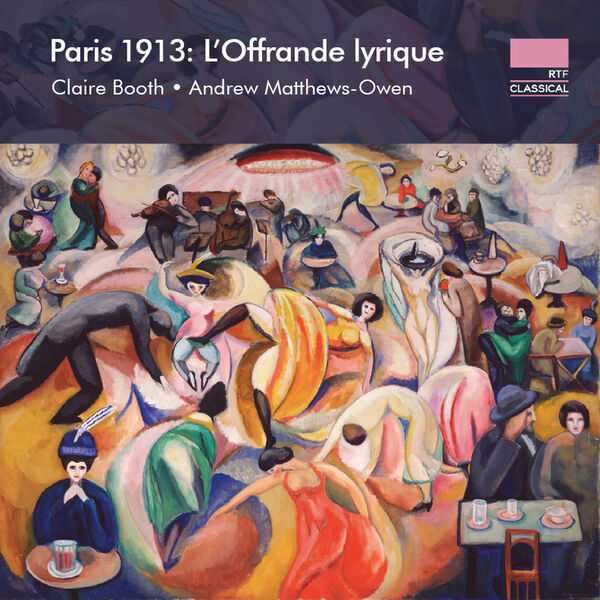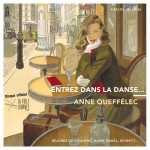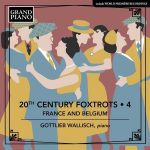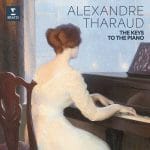

Performer: Andrew Matthews-Owen, Claire Booth
Format: FLAC (tracks)
Label: Nimbus
Catalogue: NI6455
Release: 2025
Size: 1.05 GB
Recovery: +3%
Scan: yes
01. Caplet: En regardant ces belles fleurs
Milhaud: Trois poèmes en prose de Lucile de Chateaubriand, Op. 10
02. No. 3, L’innocence
03. Hahn: À Chloris in E Major
Ravel: Trois poemes de Stephane Mallarmé
04. No. 1, Soupir
05. No. 2, Placet futile
06. No. 3, Surgi de la croupe et du bond
Auric: 3 Interludes
07. No. 1, Le Pouf
08. Ropartz: La Route
Durey: L’Offrande lyrique, Op. 4
09. I. Le jour n’est plus
10. II. Au petit matin
11. III. Les nuages s’entassent
12. IV. Tu es le ciel
13. V. Cueille cette frêle fleur
14. VI. Lumière ! Ma lumière!
Saint-Saëns: Le Cendre Rouge, Op. 146
15. No. 9, Petite main
Fauré: Le Jardin Clos, Op. 106
16. No. 7, Il m’est cher, Amour, le bandeau
17. Chaminade: Je voudrais être une fleur
Debussy: Trois poèmes de Stéphane Mallarmé, M.64
18. No. 1, Soupir
19. No. 2, Placet futile
20. No. 3, Eventail
Satie: Trois Poemes D’Amour
21. No. 1, Ne suis que grain de sable
22. No. 2, Suis chauve de naissance
23. No. 3, Ta parure est secrète
Boulanger: Clairières dans le ciel
24. No. 8, Vous m’avez regardé avec toute votre âme
25. Grovlez: Guitares et mandolines
The world premiere recording of Durey’s L’Offrande lyrique (Op. 4), six songs set to texts by Rabindranath Tagore (recipient of the 1913 Nobel Prize for Literature) in French translation by Andre Gide, is a highlight of this collection. Musically inspired by the atonality of Arnold Schoenberg’s The Book of Hanging Gardens, and often credited as the first piece of free twelve-note technique in French music, L’Offrande lyrique navigates a harmonic language which can hold clarity and vivid colour in Lumiere ! ma lumiere !, or blur into dark heavy clouded gesture in Les nuages s’entassent, effectively supporting Tagore’s language. At times, the words seem to muse over seemingly unconnected piano motifs, before meeting—sometimes harmonically, sometimes not— sometimes walking the same path, other times meandering separately again. For Paris 1913 to include a world premiere recording of such important music, written over a century ago, is thrilling, and places Durey firmly alongside his contemporaries in the cafes and salons of pre-war Paris. Far from being overshadowed by the better-known composers in this anthology, these songs stand as a testament to the strength of French melodies of the era. – Andrew Matthews-Owen & Claire Booth



